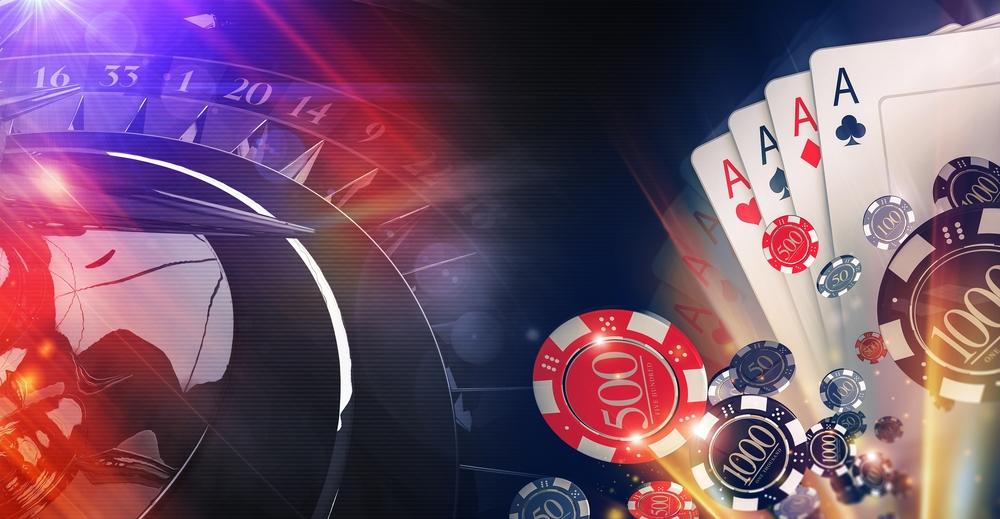
The Thrill of the Game
For many, gambling is more than just a pastime—it’s a way to experience excitement and anticipation like no other. The psychology behind gambling is a complex mix of emotions, motivations, and behaviors that drive individuals to take risks in the hopes of a big payoff. Understanding these psychological factors can provide valuable insights into why people gamble and what drives their behaviors.
The Allure of Risk
One of the primary reasons people are drawn to gambling is the thrill of taking risks. The uncertainty of the outcome creates a rush of adrenaline that can be addictive for some. The ability to test one’s luck and skill against the odds adds an element of challenge and excitement that many find irresistible.
Psychologists believe that the allure of risk is rooted in our evolutionary history. Throughout human evolution, taking risks was essential for survival, whether it was hunting for food or exploring new territories. This innate drive for risk-taking has translated into modern-day activities like gambling, where individuals seek out risky situations for the thrill and excitement it provides.
The Role of Rewards
Another key factor in the psychology of gambling is the role of rewards. The promise of a big win can be a powerful motivator, driving individuals to keep playing in the hopes of hitting the jackpot. The anticipation of a reward releases dopamine in the brain, creating a pleasurable sensation that reinforces the behavior of gambling.
Studies have shown that the brain’s reward system is activated during gambling activities, similar to the way it is activated during drug use or other addictive behaviors. This can lead to a cycle of seeking out rewards through gambling, even when the outcomes are uncertain or the risks are high.
The Influence of Social Factors
In addition to personal motivations, social factors can also play a significant role in driving gambling behavior. Peer pressure, social norms, and cultural influences can all impact an individual’s decision to gamble. For some, gambling may be seen as a way to fit in with a social group or as a form of entertainment that is endorsed by friends and family.
Research has shown that individuals are more likely to engage in gambling activities when they perceive it as a socially acceptable behavior. This can create a feedback loop where individuals are encouraged to gamble by their social circle, further reinforcing their behavior and leading to more frequent gambling.
The Influence of Cognitive Biases
Cognitive biases are another important factor in the psychology of gambling. These biases are mental shortcuts that our brains use to make decisions quickly and efficiently, but they can also lead to irrational and illogical thinking. In the context of gambling, cognitive biases can distort our perceptions of risk and reward, leading us to make poor decisions based on faulty reasoning.
One common cognitive bias in gambling is the gambler’s fallacy, where individuals believe that past events will influence future outcomes. For example, someone may believe that a slot machine is “due” for a payout because it hasn’t paid out in a while. This belief can lead to a false sense of control over the outcome of the game and can result in continued gambling despite mounting losses.
The Impact of Problem Gambling
While gambling can be a fun and entertaining activity for many, it can also become a source of serious problems for some individuals. Problem gambling, also known as gambling addiction, is a recognized psychological disorder characterized by a compulsive need to gamble, despite negative consequences.
Problem gambling can have serious repercussions on the individual’s financial, emotional, and social well-being. It can lead to financial distress, strained relationships, and even legal troubles. Identifying the signs of problem gambling early on and seeking help is crucial in preventing further harm and addressing the underlying psychological issues driving the behavior.
Final Thoughts
The psychology of gambling is a complex and multifaceted field that encompasses a wide range of emotions, motivations, and behaviors. Understanding the factors that drive individuals to gamble can provide valuable insights into why people engage in this activity and how it can impact their lives. By recognizing the psychological mechanisms at play, individuals can make more informed decisions about their gambling behaviors and seek help if needed. Remember, gambling should be a form of entertainment, not a source of distress or harm. Play responsibly and know when to seek help if your gambling habits become problematic.



















